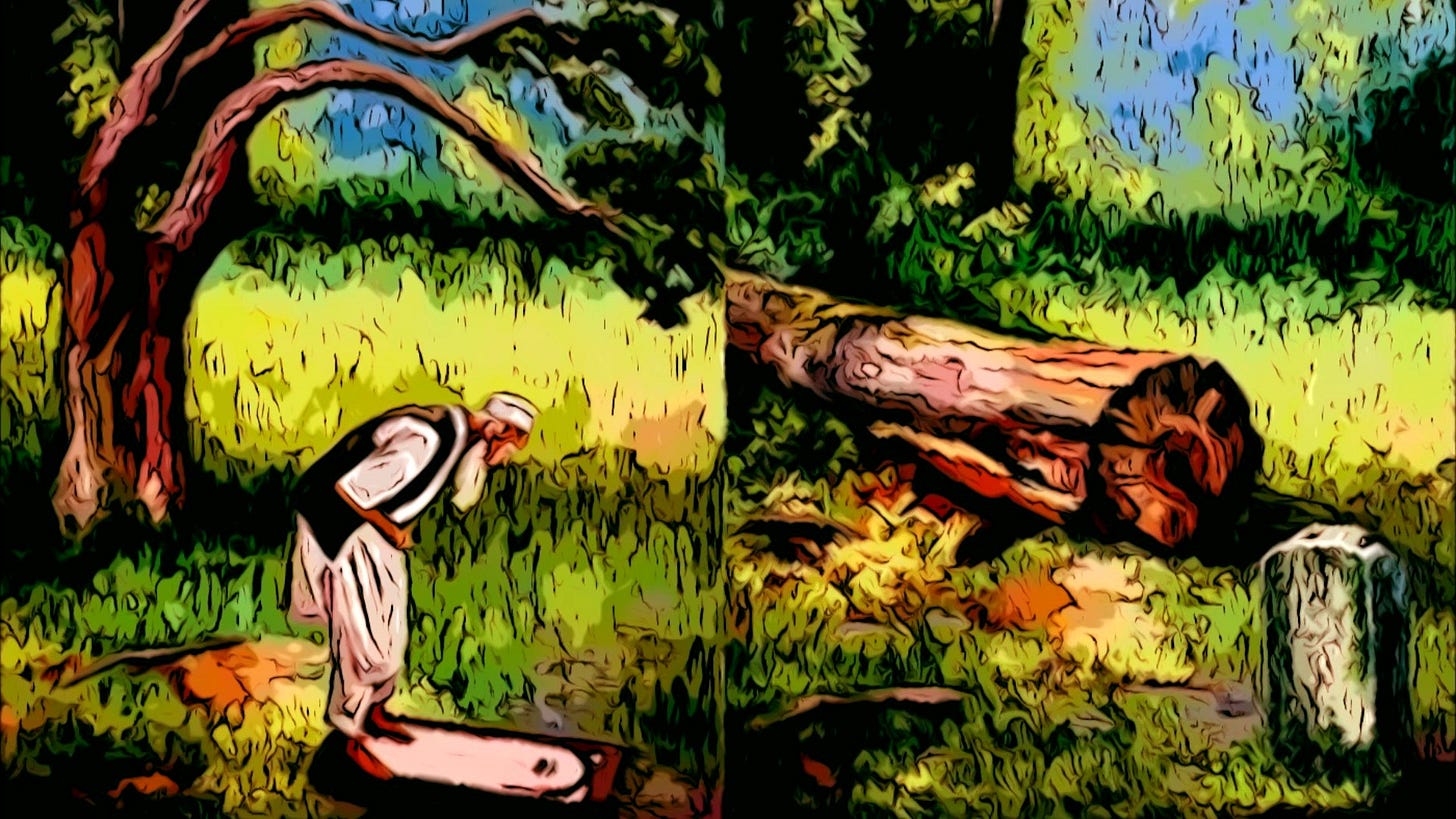Intuitive Inklings 5: On Dust and Elixir
The importance of traditional storytelling

Those who took pride in their alchemy, became dust of the wayside
Those who put their foreheads on dust, made elixir
Perhaps no other poet has captured the difference between the traditional and modern impulse more succinctly and beautifully than Iqbal here. Indeed history is ripe with arrogant alchemists turning to dust, like Shelley’s Ozymandias. And indeed providence has punctuated all ages with the select few who, in putting their foreheads on dust, tasted in this world the elixir from the fount of life. In dying before dying they were immortalised. They were remembered in history, loved by multitudes, celebrated in countless poems and stories that passed from heart to heart, generation to generation. The elixir of their names still carries a fragrance today.
And yet, is this age not best described an age of dust? An age of matter. An age when the stench of matter pervades and distracts us away from fragrance of the pious.
Materialism is in its most complete triumph today. Arrogance reigns supreme. Technocrats are worshipped as they turn dust into silicon chips in hopes of alchemising it into AGI. Countless hordes occupy themselves in this pursuit of dust; never realising that though they may be made of matter, they mattered more than it. Such is the effect of this stench that our senses have dulled to the point that even fragrance now disgusts us. The stories of the pious are viewed by both the religious and the secular as fables, figments of imagination, with no grounds in reality, and no ethical implications.
This modern condition is defined by Syed Naquib al-Attas as “disenchantment of nature.” Reality has been systematically stripped of spiritual significance, leaving behind only brute facts and material processes. The universe is no longer a vast book of signs waiting to be read. Rather it is a concatenation of ultimately absurd symbols to be measured, exploited, and alchemised by an arrogant will. This disenchantment afflicts both the religious and the secular today.
The secular view these traditional stories with an air of arrogant amusement. Troubled by their snobbishness, the literalists among the religious, and many even among the non-literalists, reactionarily begin characterising the stories as “inauthentic”, thus chopping away at the intellectual and imaginal produce of their ancestors; i.e., chopping away at the very branch which connects them to the authentic tree of Truth.
What these modern minds, possessed by the spirit of quantity, fail to grasp is that the primary function of these stories was pedagogic. It was to transmit the spirit of the tradition in a form that could bypass prideful instrumental reason and speak directly to the true intellect. Transmitted orally, passed down through generations in decentralised networks of wisdom, these stories cultivated an imagination that recognised the immediacy of the Divine. These narratives kept the world enchanted and reminded people that reality had depth, that matter mattered in so far as it brimmed with Meaning.
Shaykh Abdal Hakim Murad observes that the “deepest instinct of the Islamic tradition concerns initiation, authorisation, and transmission.” It is precisely this instinct that has been assaulted, twisted out of shape, and ultimately unravelled. The result is a generation inheriting words without their spirit, forms without their substance. Modernity, in Shaykh Murad’s phrase, is “an accelerating attempt to shovel matter into the growing hole where religion used to be.” Any attempt at countering this necessitates that we fill these voids with the perfumed water in which the pious of the past made wudū. We must retain and revive the culture of the pedagogically intentional storytelling that has suffered so much today. We must pay heed to Iqbal when he says:
If the father’s knowledge the son doesn’t retain
Can then his legacy, the son truly claim?


